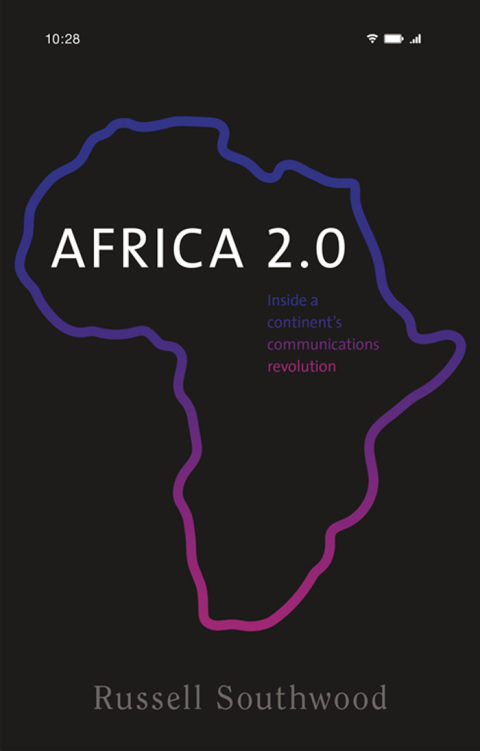Description
Efnisyfirlit
- Coverpage
- An Introduction to the Philosophy of Language
- Title page
- Copyright page
- Contents
- Acknowledgements
- Introduction
- 1 Locke and the nature of language
- 1.1 Introduction
- 1.2 What Locke says
- 1.3 Meaning and signification
- 1.4 Problems about communication
- 1.5 Words and sentences
- 1.6 Locke’s less disputed assumptions
- 2 Frege on Sense and reference
- 2.1 Introduction
- 2.2 Psychologism and the Context Principle
- 2.3 Frege and logic
- 2.4 Frege’s mature system (i): reference
- 2.5 Frege’s mature system (ii): Sense
- 2.6 Two further uses of the notion of Sense
- 2.7 Questions about Sense
- 2.8 Sense and the Basic Worry
- 3 Russell on definite descriptions
- 3.1 Introduction
- 3.2 The problems
- 3.3 Russell’s solution in outline
- 3.4 Russell’s solution in detail
- 3.5 Strawson on definite descriptions
- 3.6 Donnellan on referential and attributive uses of descriptions
- 3.7 Russellian defences
- 3.8 Russell beyond descriptions
- 4 Kripke on proper names
- 4.1 Introduction
- 4.2 Kripke’s target
- 4.3 Kripke’s objections (i): simple considerations
- 4.4 Kripke’s objections (ii): epistemic and modal considerations
- 4.5 Defences of the description theory
- 4.6 Sense and direct reference
- 4.7 Conclusion
- 5 Natural-kind terms
- 5.1 Introduction
- 5.2 A Lockean view of natural-kind terms: the individualist version
- 5.3 A Lockean view without individualism
- 5.4 How can there be Kripke–Putnam natural-kind terms?
- 5.5 How can natural-kind terms be rigid designators?
- 6 Quine on de re and de dicto modality
- 6.1 Introduction
- 6.2 Quine’s three grades of modal involvement
- 6.3 Referential opacity and Leibniz’s law
- 6.4 Referential opacity and the three grades
- 6.5 Quine’s logical problem with de re modality
- 6.6 Quine’s metaphysical worries about de re modality
- 7 Reference and propositional attitudes
- 7.1 Introduction
- 7.2 Quine’s problem
- 7.3 Quine’s proposed solution
- 7.4 Perry and the essential indexical
- 7.5 The problems for Quine’s solution
- 7.6 Consequences
- 8 The semantics of propositional attitudes
- 8.1 Introduction
- 8.2 Kripke, names, necessity and propositional attitudes
- 8.3 Kripke’s Pierre
- 8.4 Referential solutions to the puzzle
- 8.5 A Fregean response
- 8.6 Davidson’s proposal
- 8.7 Can Davidson’s proposal solve Kripke’s puzzle?
- 9 Davidson on truth and meaning
- 9.1 Introduction
- 9.2 Meanings as entities
- 9.3 Tarski’s ‘definition’ of truth
- 9.4 Davidson’s use of Tarski
- 9.5 The obvious objections to Davidson’s proposal
- 9.6 Truth and the possibility of general semantics
- 9.7 One final worry
- 10 Quine and Davidson on translation and interpretation
- 10.1 Introduction
- 10.2 Quine and radical translation
- 10.3 Davidson and radical interpretation
- 10.4 Statements of meaning and propositional attitudes
- 10.5 Theories of meaning and speakers’ knowledge
- 10.6 How fundamental is radical interpretation?
- 11 Quine on the indeterminacy of translation
- 11.1 Introduction
- 11.2 ‘Two dogmas of empiricism’
- 11.3 Indeterminacy and inscrutability
- 11.4 Resisting Quine on indeterminacy: some simple ways
- 12 Austin on speech acts
- 12.1 Introduction
- 12.2 Performative utterances
- 12.3 Towards a general theory of speech acts
- 12.4 Truth and performatives
- 12.5 Issues for a theory of speech acts
- 13 Grice on meaning
- 13.1 Introduction
- 13.2 Grice’s overall strategy
- 13.3 Sympathetic objections to Grice’s account of speaker-meaning
- 13.4 Sympathetic objections to Grice’s account of expression-meaning
- 13.5 An unsympathetic objection to Grice’s account of expression-meaning
- 13.6 An unsympathetic objection to Grice’s account of speaker-meaning
- 13.7 After Grice
- 14 Kripke on the rule-following paradox
- 14.1 Introduction
- 14.2 The sceptical challenge
- 14.3 The ‘sceptical solution’
- 14.4 A community-based response
- 14.5 Can dispositionalism be defended?
- 14.6 Anti-reductionism and radical interpretation
- 15 Wittgenstein on the Augustinian picture
- 15.1 Introduction
- 15.2 The Augustinian picture
- 15.3 The Anti-Metaphysical interpretation
- 15.4 The Quasi-Kantian interpretation
- 15.5 Worries about these Wittgensteinian views
- Glossary
- Works cited
- Index






Reviews
There are no reviews yet.